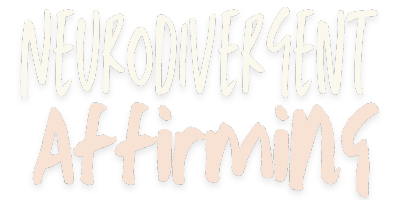Trauma
Therapy
Trauma Healing. EMDR Therapy. Evidence-Based.
Trauma Informed Therapy to Adults in North Carolina and Florida




Understanding EMDR Therapy
Eye Movement Desensitization and Reprocessing (EMDR) therapy is a powerful psychological treatment method that has been extensively researched and proven effective for the treatment of trauma. Developed by Dr. Francine Shapiro, EMDR is used in helping people recover from distressing life experiences and mental health conditions like PTSD, anxiety, and depression.
EMDR may be helpful for:
- Trauma and PTSD
- Anxiety and Panic Disorders
- Depression
- Phobias
- OCD
- Chronic Pain
- Grief and Loss
- Self-Esteem Issues
- ADHD Symptom Management
- Stress Management
- Performance Anxiety
Understanding EMDR Therapy
EMDR therapy is unique in its use of bilateral stimulation, to help process distressing memories and reduce their lingering effects. Have you ever gone for a walk to clear your mind and get your thoughts together? EMDR works in a similar way, which helps the brain reprocess memories in a less distressing way.
Clients often report significant emotional relief after undergoing EMDR therapy.
Client may experience:
- Reduced Anxiety and Panic Symptoms
- Enhanced Emotional Regulation
- Resolution of Traumatic Memories
- Increased Mindfulness
- Decrease in Intrusive Thoughts
- Improved Relationships
- Increased Resilience to Stress
- Enhanced Focus and Concentration
- Heightened Self-Awareness
- Improved mental health
- Better Coping Strategies
- Sense of Emotional Freedom
- Improved Self Esteem
Make Appointment
Have you ever experienced replays of your past keep you awake at night, draining your motivation and blurring your focus?
At Refocus Therapy, we specialize in Trauma-Informed EMDR Therapy Services.
Individualized Therapy: Miranda uses a blend of proven therapy techniques like DBT, mindfulness-based interventions, Parts informed Techniques, and EMDR, to help you gain control over your ADHD and actually do all of the things you have been wanting to do.
Trauma Processing and Integration
EMDR therapy is central to processing traumatic memories, reducing their emotional hold, and integrating these experiences into a healthier narrative. This process is tailored to your individual needs and pace, ensuring a safe and effective healing journey.
Skill-Building for Resilience:
Learn and strengthen skills like emotional regulation, distress tolerance, and healthy coping mechanisms. Develop skills to manage triggers and stresses related to trauma
Mindfulness and Body-Centered Practices
Embrace mindfulness and somatic techniques to reconnect with your body and present moment. These practices aid in reducing trauma-related anxiety and stress, fostering a sense of calm and balance.
Cultivating Healthy Relationships
Explore and improve your relationships. Through therapy, gain insights into how trauma has affected your relationships and learn strategies for building trust, establishing boundaries, and enhancing communication.
Empowerment in Work and School
Receive tailored support in managing the impact of trauma on your work or academic life. Miranda assists in developing focus, organizational skills, and strategies to handle the particular challenges that arise in these settings.
Reclaiming Emotional Freedom
Journey towards emotional healing and liberation from trauma. Miranda supports you in this transformative process, fostering an environment where you can grow, heal, and thrive beyond your traumatic experiences

Health Guarantee
Lorem ipsum dolor sit amet, consectetur adipiscing elit. Ut elit tellus luctus.

Trusted Clinic
Lorem ipsum dolor sit amet, consectetur adipiscing elit. Ut elit tellus luctus.

Expert Therapist
Lorem ipsum dolor sit amet, consectetur adipiscing elit. Ut elit tellus luctus.
General Questions
Each EMDR session typically lasts between 50 to 90 minutes. The length can vary depending on your individual needs and the stage of treatment you are in.
The number of sessions required varies from person to person. On average, a typical course of EMDR for moderate trauma is about 12-15 sessions. We will regularly assess your progress and tailor the treatment plan to your specific needs.
EMDR therapy involves recalling and processing distressing memories, which can be uncomfortable or emotionally painful initially. However, the goal of EMDR is to reduce the distress associated with these memories. Most clients report a significant reduction in discomfort as they progress through therapy. Our therapists are trained to guide you through the process safely and supportively.
Yes, most clients are able to continue with their daily activities, including work, during their course of EMDR therapy. In fact, many find that as they progress through therapy, their ability to manage daily tasks and cope with stress improves significantly.
